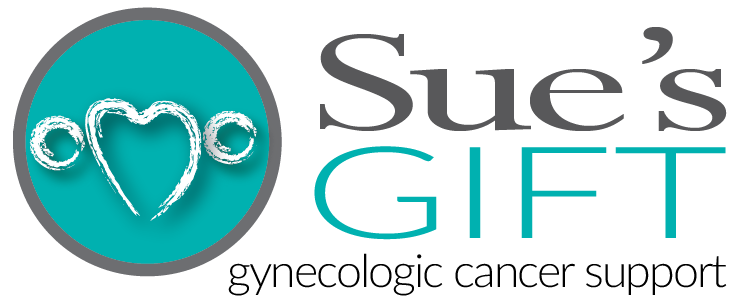How Can I Say No?
“Daring to set boundaries is having the courage to love ourselves even when we risk disappointing others.”
I remember a time when sitting down for a few minutes and doing nothing was out of the question. I felt guilty for not “doing something” because there was so much that needed to be done: meal preparation, attending kids’ activities and church functions, dusting and vacuuming, yard work, and laundry…always laundry. Later, there were meetings to attend, professional journals to read, patients to see, groups to lead, and never any unfilled moments.
I read a little book years ago written by Tim Hansel in 1979, When I Relax I Feel Guilty. I love the caption on the book’s back cover, “Is Fatigue Next to Godliness?” I thought so at the time. It was hard for me to take time off – vacation time. There was always a “to-do” list at home and at work. I didn’t relax (or read a book) because I believed it was a luxury I didn’t have or couldn’t afford. Relaxation wasn’t in my genetic makeup and didn’t come easily. And honestly, I didn’t know how to chill out. I had to teach myself how. Here is how I did it.
I loved making lists and schedules and learned that if I scheduled days or weeks off for the year, I could more easily take time off because it was on my “to-do” list. At home, I learned to schedule 15 – then eventually – 30 minutes of downtime each day. It was on my list of things to do. It may sound crazy, but it worked for me.
Changing long-standing patterns isn’t always welcomed by others. I discovered that when I quit working insane hours, it was met with disapproval from colleagues because my previous predictable over-functioning resulted in unrealistic expectations for it to continue. I remember a patient telling me that when she was going through chemo, she felt guilty and had difficulty saying “No” when asked to continue as the committee chair. She didn’t want to disappoint those who relied on her, but changes were necessary for her well-being.
It’s hard to say “No.” But having some ready-made lines in mind – or even better – written down makes saying “No” easier. Here are some suggestions: “Thanks for asking – maybe another time.” “I’m not able to do that right now.” “Next year would work better for me, and I look forward to talking with you then.” “I would love to, but I’m feeling a bit overwhelmed now.”
Saying “Yes” to our needs may mean saying “No” to others. We may risk their disappointment, but self-care is not selfishness. It’s okay to say “No” to over-commitment and over-functioning and “Yes” to begin a lifetime of self-care habits. It’s not only okay but essential to have some “me-time” for rest, relaxation, and rejuvenation: to drink a cup of tea or coffee, play a computer game, watch a movie, take a walk, and, yes, even read a book. (And I love reading books now.)
Leave feedback for the author here. (Comments are not posted online.)

